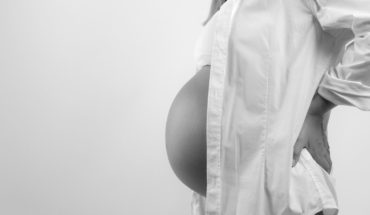Entering the last month of the year comes for many the season of greatest stress. Although this year has been completely unusual, students have courses to pass and many demanding workers have goals to meet.
Generally, and even more so at home, people study and work listening to music at the same time. But is this beneficial? What kind of music is best to listen to to concentrate and/or increase productivity?
The neuropsychologist at Clínica Universidad de Los Andes, Gada Musa, explained to hoyxhoy that “the effect that music is going to have on a person will depend on how they listen to it and also how it relates to it”.
He also stated that there are two types of musical listening, which are passive and active. “Passive refers to only listening to music, while the active one involves listening and, at the same time, interacting by doing some exercise or movement to the rhythm of the music,” Musa argued.
Passive listening is ideal for relaxing and reducing stress or pain, while active listening is good to apply before you start studying or working, as according to the neuropsychologist stimulates concentration.
You can also even do a short sports routine with music. “There are short dance, zumba, hiit and kickboxing routines that require concentration and help keep it throughout the day,” said Major University Professor of Physical Education Camila Fuentes.
Soundtrack of success
When she is ready to start studying or working, the expert recommended returning to passive listening, but not that of any kind of music.
“To concentrate and produce better the important thing is to choose music with rather low rhythm, perhaps with musical instruments of strings and without voices. Whether they are rhythmic patterns, stable, without major changes that go from, for example, from something very strong to slow or from trumpet to drums,” Musa said.
For the expert, the best option here is classical music or the harmonic sounds of nature. And if you want to listen to sung music (which is not ideal), this has to be in a language that the listener does not understand or know by heart the lyrics, because only in this way will it avoid diverting his attention to what the piece of music says.
To de-stress
For the day or hours leading up to the surrender of an exam or test, meanwhile, the suggestion not to show up so stressed is to go to music with a slow time, with low tones and regular rhythmic patterns. The best instruments? For Musa, these are the string and the piano.
Recent studies also indicate that the music of 432 hertz is very effective in meeting this goal, as this is a frequency very similar to the frequency of humans. “Therefore, these rhythms and melodies can produce effects on the autonomous nervous system, implying that it lowers heart rate and blood pressure. That’s a reflection of one calming down,” Musa said.
While these suggestions are generally, the neuropsychologist warned that it also all depends on people’s tastes. “There are metalsmiths who relax listening to metal and people who concentrate listening to reggaeton,” he said.
translated from Spanish: Music without voices or in other people’s languages is better for focusing
November 30, 2020 |





